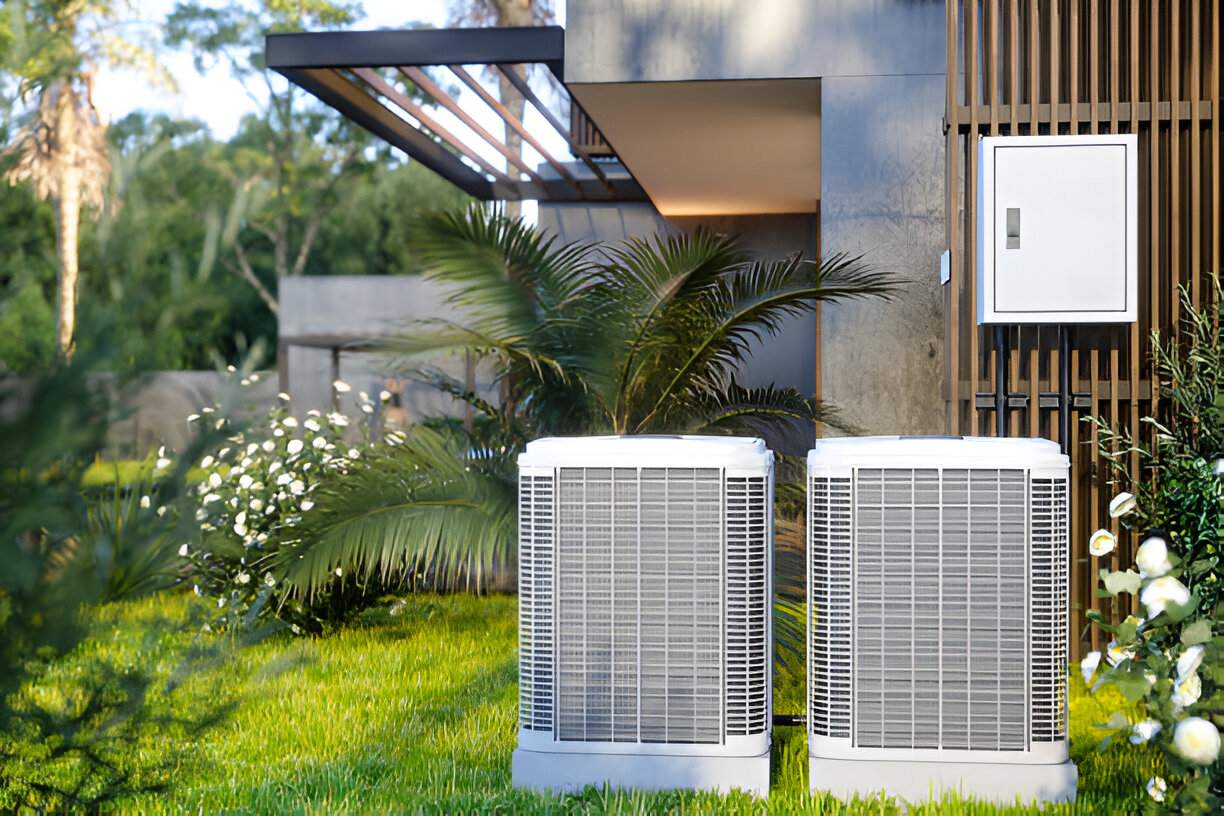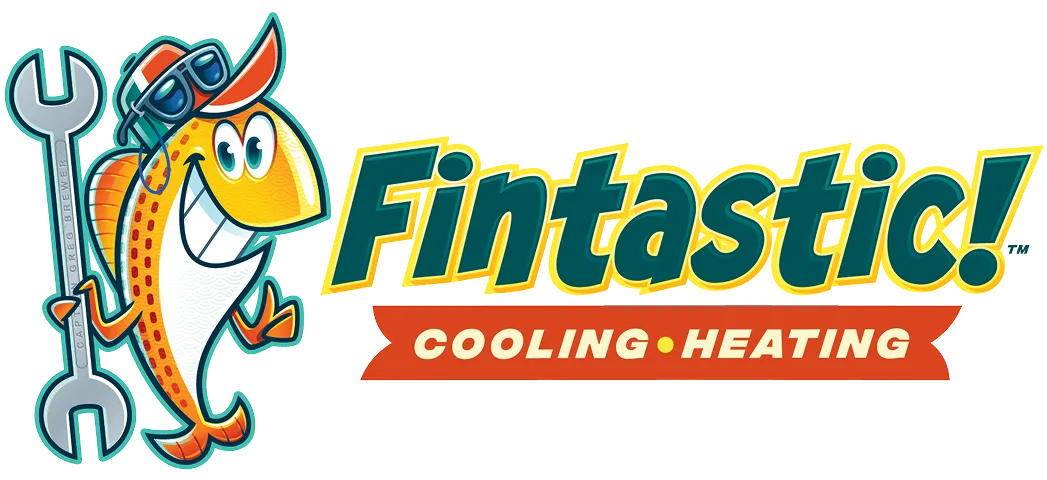Residential HVAC Services in Liverpool, TX
Residential HVAC Services in Liverpool, TX
Keeping your home comfortable and healthy in Liverpool, TX requires HVAC solutions tailored to our hot, humid Gulf Coast climate and local building styles. Residential HVAC Services in Liverpool, TX cover everything homeowners need: accurate system sizing and installation, repairs and seasonal maintenance, energy-efficiency upgrades, indoor air quality improvements, smart thermostat integration, and clear information about warranties and financing.

Why Liverpool, TX homes need specialized HVAC attention
Liverpool sits in a humid subtropical climate with long, hot summers, high humidity, and occasional coastal influences that can increase corrosion and mold risk. That combination creates specific demands:
- Air conditioning runs heavily for many months, increasing wear and the chance of refrigerant or compressor issues.
- High humidity leads to condensation, mold growth, and reduced indoor comfort even when temperatures are low.
- Coastal air can speed corrosion of outdoor components if equipment is not selected and maintained properly.
Understanding these local factors is key to durable, efficient HVAC performance in Liverpool, TX.
Common residential HVAC issues in Liverpool, TX
Homeowners in Liverpool typically call for service because of these problems:
- Weak or inconsistent cooling during summer; system struggles to keep up due to improper sizing, low refrigerant, or restricted airflow.
- High indoor humidity and musty smells caused by poor dehumidification, clogged drains, or mold in ducts and coils.
- Frequent short cycling that reduces efficiency and shortens equipment life, often from incorrect thermostat settings or oversized equipment.
- Uneven temperatures between rooms caused by duct leaks, poor insulation, or inadequate duct design.
- Noisy operation from failing motors, loose components, or worn blower assemblies.
- Declining efficiency and rising energy bills due to aging systems, dirty coils, or lack of maintenance.
Diagnostic process - what to expect
Professional residential HVAC diagnostics focus on identifying root causes, not just symptoms. Typical steps include:
- Review of system history and homeowner concerns to identify patterns.
- Visual inspection of indoor and outdoor equipment for corrosion, leaks, and physical damage.
- Airflow measurement and duct leakage testing to locate distribution problems.
- Refrigerant charge and pressure checks to confirm system performance.
- Electrical safety inspection including capacitors, contactors, and wiring.
- Combustion testing for gas furnaces (when applicable) to verify safe operation.
- Humidity and temperature profiling through the home to recommend dehumidification or zoning solutions.
These diagnostics lead to a clear, written estimate with repair or replacement options and energy-efficiency recommendations.
Installation and system sizing for Liverpool homes
Proper installation starts with accurate system sizing. Technicians use industry-standard load calculations (Manual J) to determine the correct capacity based on home size, orientation, insulation, windows, and local climate. In Liverpool, correct sizing is critical to control humidity and prevent short cycling. Installation considerations include:
- Choosing equipment with appropriate SEER/EER ratings for hot, humid summers.
- Selecting corrosion-resistant outdoor components where coastal air is a factor.
- Designing ductwork and registers to balance airflow and minimize leaks.
- Considering variable-speed compressors and blowers for better humidity control and comfort.
A correctly sized and installed system delivers consistent comfort, better humidity control, and lower operating costs.
Repairs, upgrades, and energy-efficiency recommendations
Common repairs and upgrades that improve performance and longevity:
- Refrigerant leak repair and recharge to restore cooling capacity.
- Blower motor replacement or cleaning to restore proper airflow.
- Condensate drain clearing and coil cleaning to prevent moisture buildup and mold.
- Duct sealing and insulation to stop energy losses and uneven temperatures.
- Upgrading to variable-speed equipment and high-efficiency condensers for lower energy use.
- Adding zoning systems or dampers to control temperatures in different areas of the house.
Energy-efficiency strategies often recommended for Liverpool homeowners include improving attic insulation, sealing windows and doors, installing a programmable or smart thermostat, and selecting equipment with higher SEER ratings to handle extended cooling seasons.
Indoor air quality solutions for humid climates
High humidity and pollen are common indoor air quality concerns in Liverpool, TX. Effective solutions include:
- Whole-home dehumidifiers to maintain comfortable, mold-inhibiting humidity levels.
- High-efficiency filtration (MERV-rated filters or HEPA-compatible systems) to reduce allergens and particulates.
- UV-C lights and antimicrobial coil treatments to reduce microbial growth on coils and in ductwork.
- Proper ventilation strategies to exchange stale indoor air without importing hot, humid outdoor air.
- Targeted duct cleaning where dust, debris, or mold is present.
These measures improve comfort, protect sensitive family members, and reduce HVAC strain caused by contaminated components.
Smart thermostat integration and system optimization
Smart thermostats in Liverpool homes can deliver real-world savings and better comfort when integrated correctly. Benefits include:
- Learning algorithms or scheduling that reduce runtime during unoccupied periods.
- Remote access and alerts to detect performance issues early.
- Integration with zoning controls to avoid overcooling and reduce humidity problems.
- Compatibility checks with older systems to prevent short cycling or control conflicts.
A professional will confirm thermostat compatibility, configure settings for humidity control, and ensure the system responds correctly to smart schedules.
Warranties and financing - what homeowners should know
Residential HVAC warranties typically include:
- Manufacturer warranties covering major components like compressors and heat exchangers for a specified period.
- Limited parts warranties for other components, often requiring proper installation and registration.
- Optional extended warranties or service plans that cover labor and parts beyond standard coverage.
Financing options commonly available for HVAC projects include installment loans, deferred payment plans, and energy-efficiency financing that can spread the upfront cost. Homeowners should verify warranty registration and read exclusions carefully. Utility rebates, state incentives, or tax credits may be available in Texas for qualifying high-efficiency upgrades; checking current programs can reduce net costs.
Maintenance recommendations and long-term benefits
Routine maintenance keeps systems reliable and efficient. Recommended schedule for Liverpool homeowners:
- Air conditioning tune-up in spring before peak cooling season.
- Heating system check in fall to confirm safe operation.
- Filter replacement every 1-3 months depending on filter type and household factors.
- Annual coil cleaning, condensate drain inspection, and refrigerant check.
Benefits of timely maintenance and proper upgrades include improved comfort, lower energy bills, longer equipment life, fewer emergency repairs, and healthier indoor air.
Residential HVAC Services in Liverpool, TX protect your home from the challenges of a humid Gulf Coast climate while delivering reliable comfort and efficiency. Proper sizing, routine maintenance, targeted indoor air quality solutions, and informed equipment choices are the foundation of a dependable home HVAC strategy in Liverpool.
Customer Testimonials
Our customers praise our exceptional service and attention to detail, consistently exceeding expectations.































































